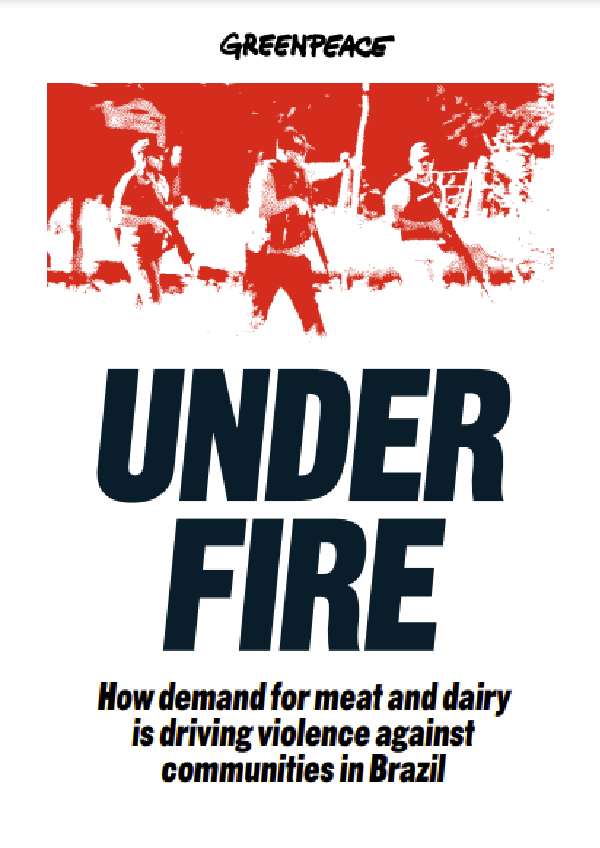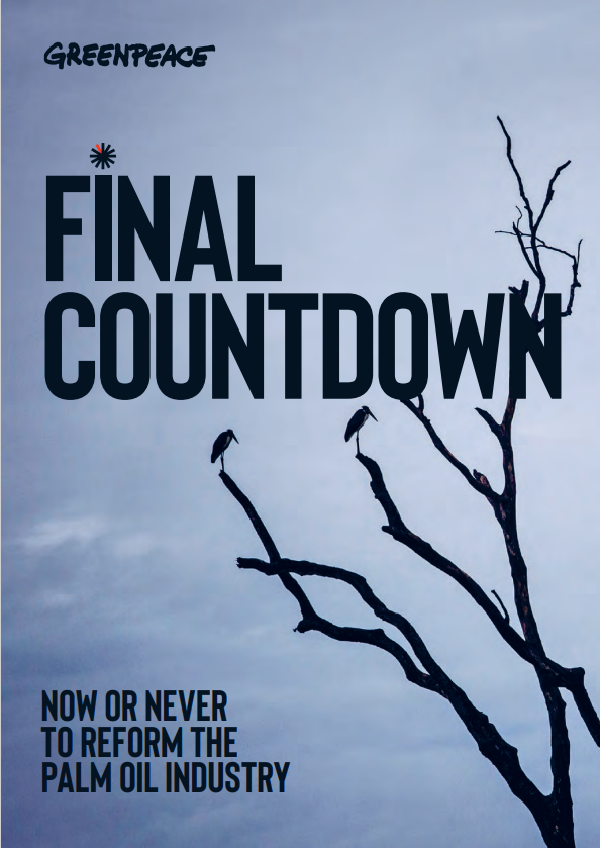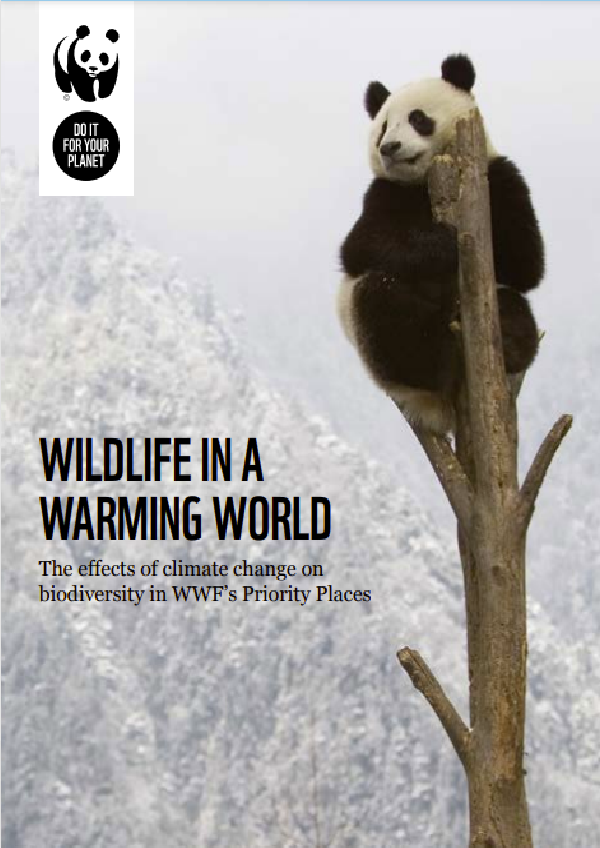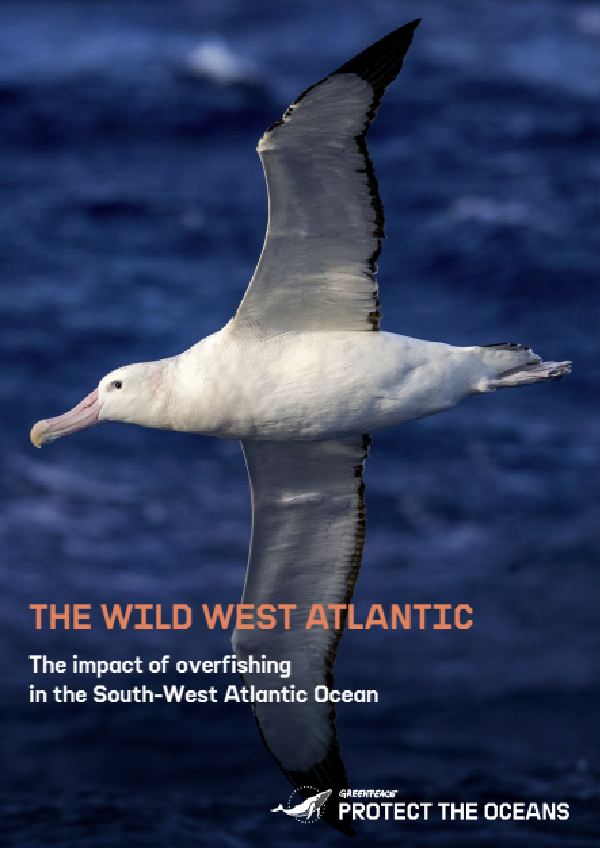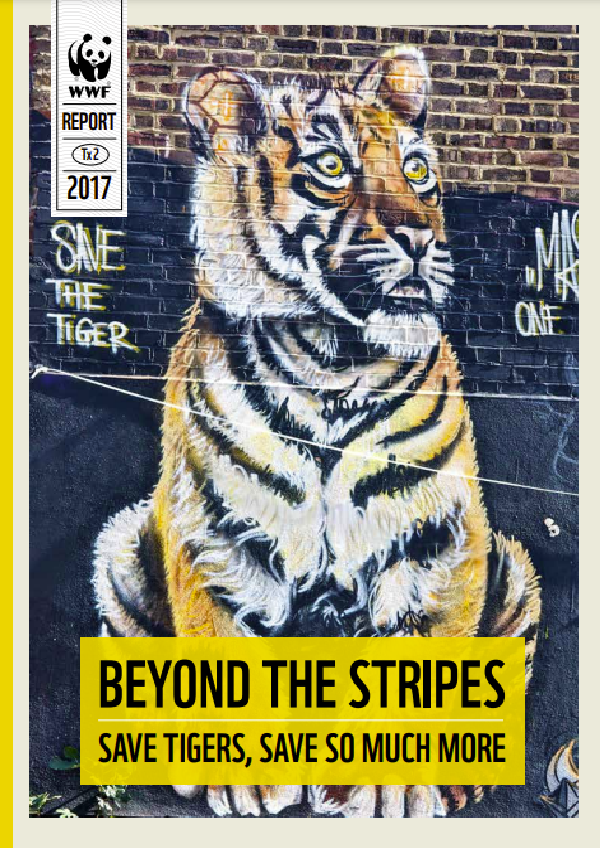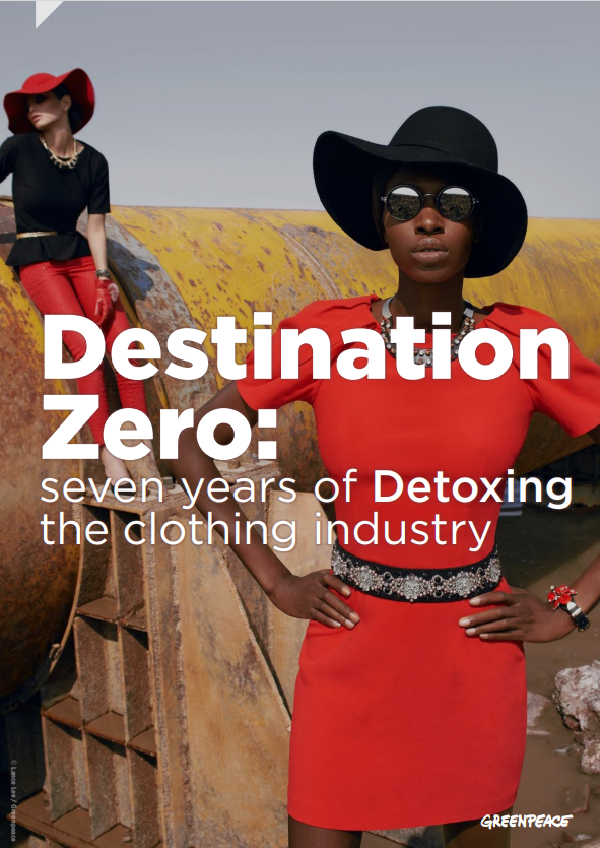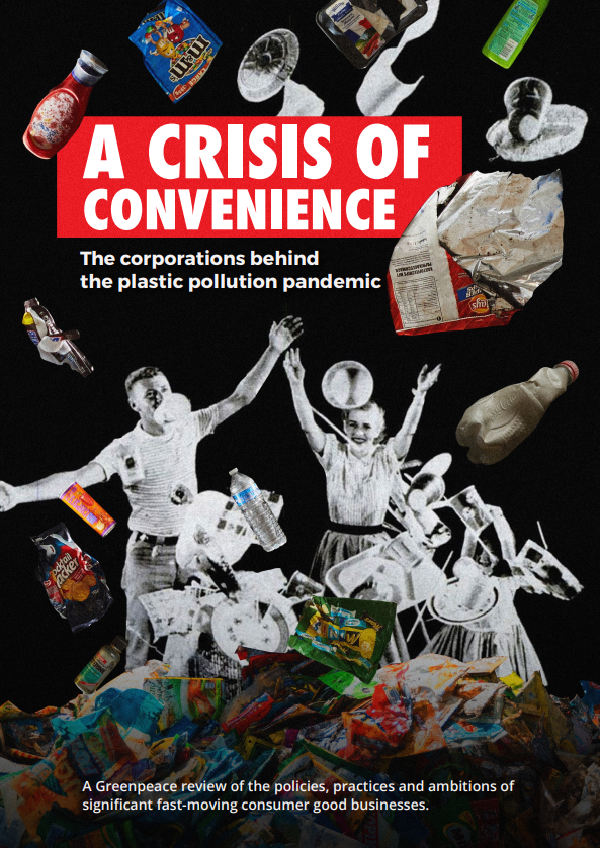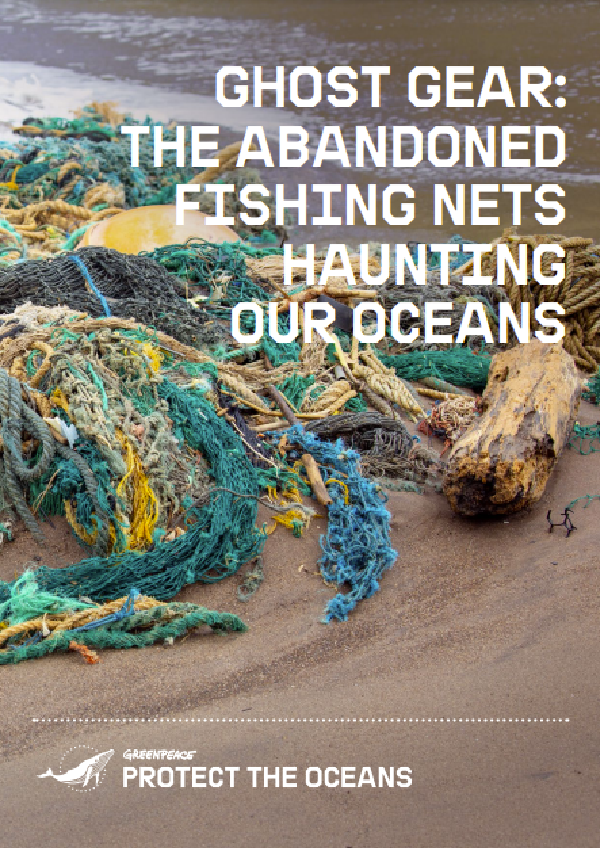Brazil’s forests and savannahs remain at the frontline of industrial agriculture’s war on the world’s climate, the environment and traditional communities. The situation in Brazil has worsened under President Bolsonaro, whose government appears to have adopted an attack on the Amazon and Indigenous Peoples as the pillar of its economic policy. Bolsonaro’s government has given tacit endorsement to land grabbing and incursions by illegal loggers, miners and farmers into Indigenous lands. Unsurprisingly, Brazil has suffered a sharp increase in fires and deforestation in 2019, compared to recent years: the annual deforestation rate has reached nearly 1 million hectares (ha) for the first time in a decade, with the increase detected even before the incidence of forest fires peaked.
While cattle remains the primary driver of deforestation and conversion, both globally and in Brazil, soya – primarily used as animal feed for intensive meat and dairy production – continues to expand rapidly throughout South America. In Brazil, soya production has more than quadrupled over the past two decades and is projected to increase by another third over the next 10 years, with exports growing by 42%.
The failure of the private sector to drive the systemic changes necessary to cut its links to deforestation and human rights abuses – and the harsh reality of this failure for local communities – is exemplified by the case of Agronegócio Estrondo, which is located in the soya frontier of the Brazilian Cerrado.
Estrondo operates on lands to which the land-use rights of traditional geraizeira communities have been legally recognised. Nevertheless, the communities are subject to frequent violence and harassment. Documentary footage captured during an investigation by Greenpeace Brazil shows an armed raid on one such community by a group claiming to be Bahia state police, the shooting of a cattle herder by a member of a private security force, harassment of a community member at a security checkpoint, armed patrols and security fences cutting across community lands.
The deforestation, human rights and legality issues with this estate are well known, having been covered many times by the Brazilian media and Greenpeace. As this report documents, even the Brazilian authorities recognise that the estate was founded on a land grab, was established using slave labour and has engaged in illegal land clearance. Despite this, in May 2019 officials renewed a deforestation permit to clear an additional 25,000 ha within the estate.
We are living through a climate emergency. Governments and companies have failed us. The global food and agriculture system is broken. The absence of laws to ensure that supply chains and financial activities are not contributing to the destruction of ecosystems or to social conflict, and current international trade negotiations – including the EU-Mercosur trade deal – look set to further accelerate deforestation, putting profit before people and planet.
Source: Greenpeace (http://www.greenpeace.org)
